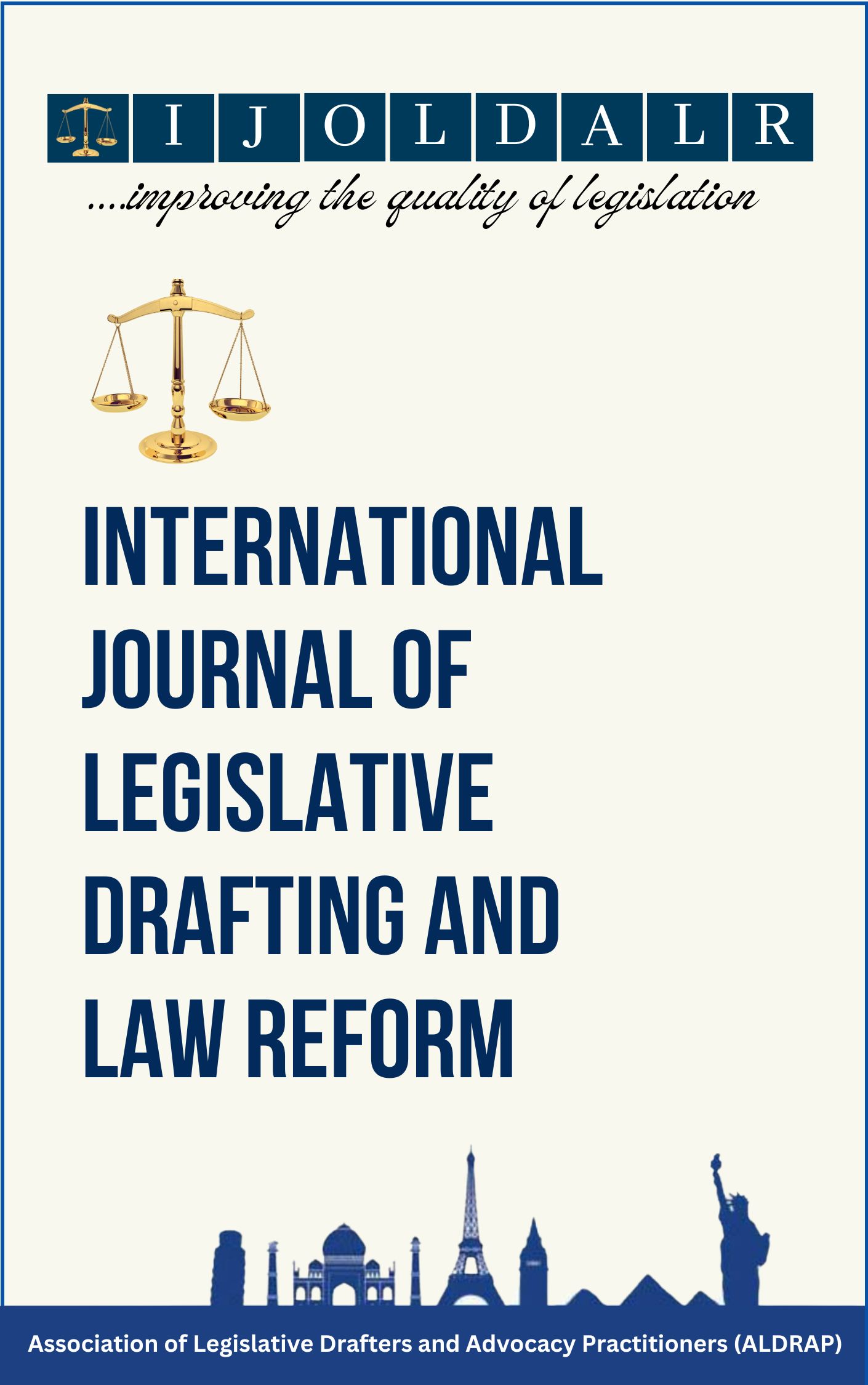Abstract
Statistics show that shipping accounts for about 90% of international trade in goods. In view of the major role which maritime commerce and activities play in the global economy,it is in the interests of governments, ship owners and seafarers that the transportation of people and goods by sea should be facilitated as much as possible. This,therefore, involves international co- operation between nations of the world, particularly the coastal states, which are linked one way or the other by water and thereby benefit from maritime activities. With respect to the environment, the fact that many nations and all continentsin the world are lined by water means that pollution of the marine environment which occurs,and is uncontrolled, in one nation or region is bound to have adverse consequences of the marine ecosystems of others.
Nigeria as a nation is endowed with a vast coastline as well as navigable inland waterways and is strategically placed on the Atlantic coast of West Africa for it toreap a bountiful reward from its maritimeindustry in promotinginter- regional and international trade if its maritime resources are properly harnessed. Nigeria is the sixth largest producer of crude oil in the world and also has some of the world’s most prolific gas reserves which are only recently beingactively exploited. The country is also rich in naturalresources and agricultural produce. Most of these products are exported to international markets by sea where they are sold and foreign currency is earned to ensure the country’s developmental objectives. A virile and well organized maritime industry is, therefore, very important to facilitate Nigeria’s international trade. This paper examines recent maritime law reforms, programmes and policies of the Federal Government of Nigeria which facilitate the development of our maritime industry and bring it in tandem with global standards. Suggestions are made for improvements where desirable.



 National Library of Nigeria
National Library of Nigeria.jpg) Association of Nigerian Authors
Association of Nigerian Authors Nigerian Library Association
Nigerian Library Association EagleScan
EagleScan Crossref
Crossref